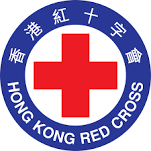The Global Heat Health Information Network is a dynamic community of partners working together for a world where extreme heat is no barrier to lives and livelihoods. Get to know our partners and explore their contributions to the Network below.
Results found: 48
of 4
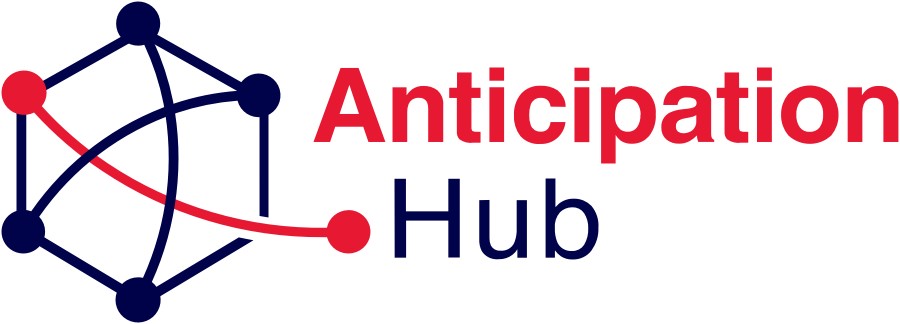
The Anticipation Hub is a platform for learning from experience, for building partnerships, for fostering coordination, and for the development and diffusion of new ideas. It will achieve these goals by connecting stakeholders and facilitating exchange and joint-learning between individuals, governments, policymakers, the Red Cross Red Crescent Movement, NGOs, UN agencies, researchers and other actors interested in anticipatory humanitarian action. @AnticipationHub

Boston University is a leading private research institution with two primary campuses in the heart of Boston and programs around the world. The BU Urban Climate Initiative works to galvanize the wealth of talent across Boston University to improve the health and livability of cities in a changing climate. It fosters innovative science that drives effective solutions to the physical, biological, chemical, social, and policy challenges of urban climate mitigation and adaptation.
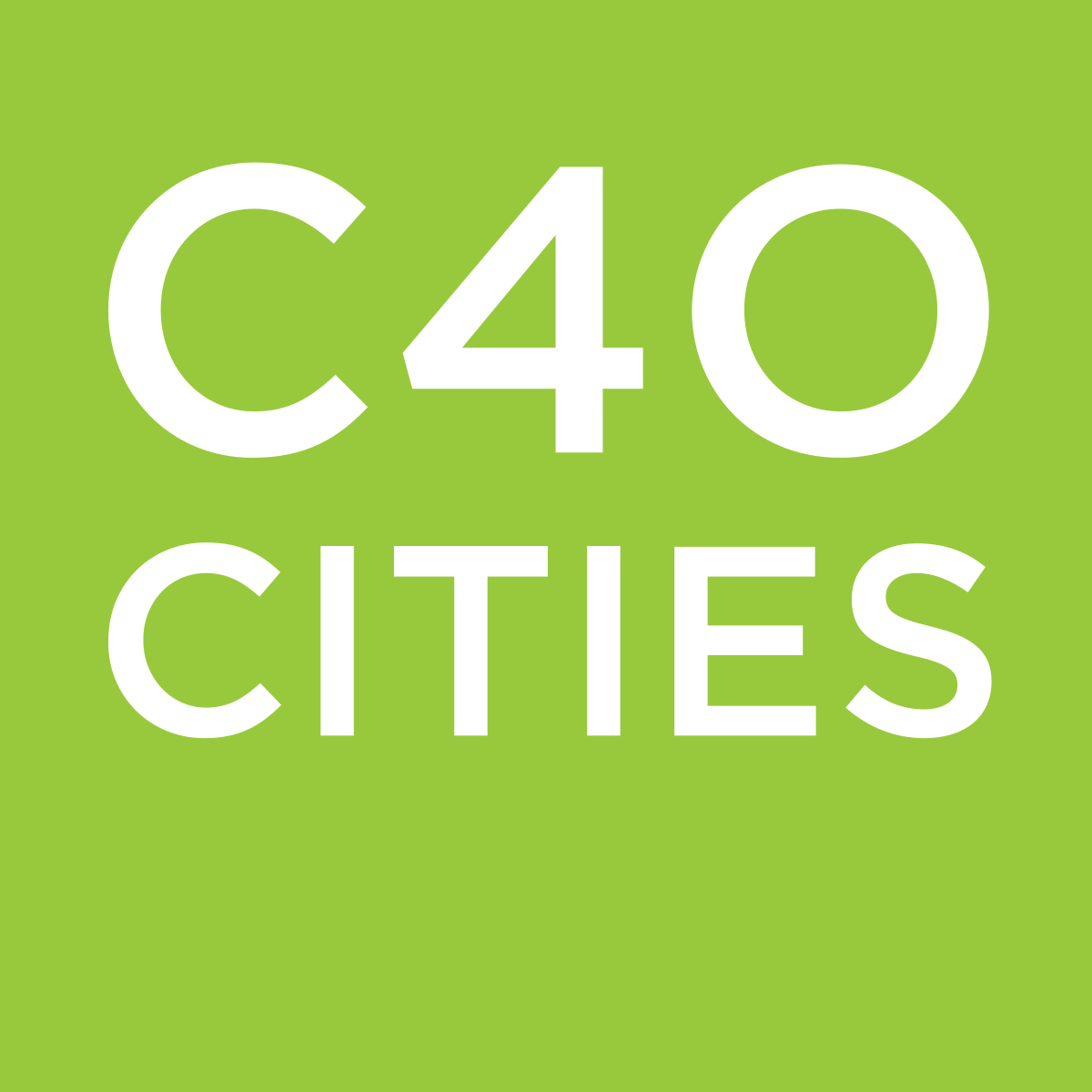
The Cool Cities Network supports city efforts to reduce the impact of the urban heat island effect, working in partnership with the Global Cool Cities Alliance.

Collaborating Centre for Oxford University and CUHK for Disaster and Medical Humanitarian Response (CCOUC) has been established by the joint effort of Oxford University and The Chinese University of Hong Kong as a non-profit research centre to carry out research, training and community knowledge transfer in the area of disaster and medical humanitarian response in Greater China and the Asia-Pacific Region since April 2011.

City University of Hong Kong is a public research university in Kowloon, Hong Kong. The School of Energy and Environment at City University of Hong Kong aims to be a leading School in the Asia-Pacific region specializing in cutting-edge research in energy and environment and in the training of energy and environment professionals.
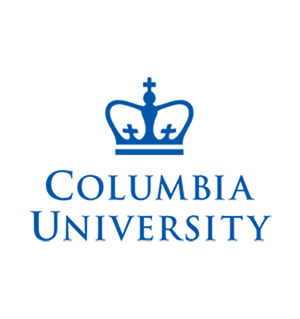
Columbia University is one of the world’s most important centers of research, located in New York City. The Earth Institute’s International Research Institute for Climate and Society focuses on enhancing society’s capability to understand, anticipate and manage the impacts of climate in order to improve human welfare and the environment, especially in developing countries. The IRI conducts this mission through strategic and applied research, education, capacity building, and by providing forecasts and information products with an emphasis on practical and verifiable utility and partnership.
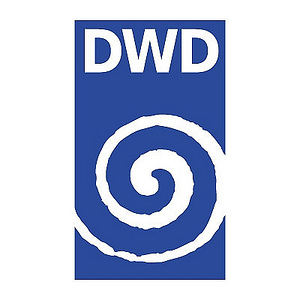
The Deutscher Wetterdienst (DWD) is the German Meteorological Service, based in Offenbach am Main, Germany. It monitors weather and meteorological conditions over Germany and provides weather services for the general public and for nautical, aviational and agricultural purposes. The Research Centre Human Biometeorology in Freiburg provides meteorological services for the general public or for individual customers and users in the fields of climatology (Baden-Württemberg) and human biometeorology (whole of Germany).

Durham University is a public research university in Durham, England.

The GEO Health Community of Practice is a global network of governments, organizations, and observers. It seeks to use environmental observations to improve health decision-making at the international, regional, country, and district levels.
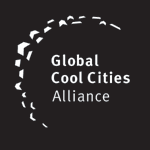
Global Cool Cities Alliance (GCCA) launched in 2010 to accelerate a world-wide transition to cooler, healthier cities. Its mission is to advance urban heat island mitigation policies and programs to promote more efficient and comfortable buildings, healthier and more resilient cities, and to cancel some of the warming effects of climate change through global cooling. Increasing the solar reflectance of urban surfaces such as roofs and roads is a cost-effective strategy to achieve these goals.
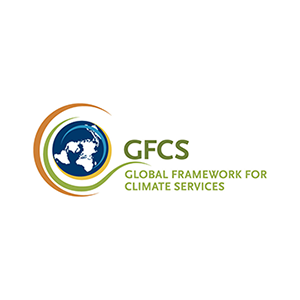
GFCS accelerates and coordinates the technically and scientifically sound implementation of measures to improve climate-related outcomes at national, regional and global levels. As a framework with broad participation and reach, GFCS enables the development and application of climate services to assist decision-making at all levels in support of addressing climate-related risks.

Google’s mission is to organize the world’s information and make it universally accessible and useful. In moments of crisis and extreme weather, this mission is even more critical as people turn to Google for help. For over a decade Google has been partnering with those on the front lines to develop technology and programs that help keep people safe, informed, and out of harm’s way. When people search on Google for information on extreme heat, they’ll see details on when a heat event is predicted to start and end, as well as tips from GHHIN on staying cool and healthy.
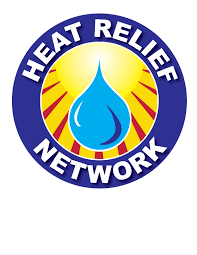
The Heat Relief Network is a regional partnership of the Arizona, Maricopa Association of Governments (MAG), municipalities, nonprofit organizations, the faith-based community, and businesses. Each year, MAG coordinates the mapping of the Heat Relief Network, a network of partners providing hydration stations, refuge locations, and water donation sites throughout the Valley with the goal of preventing heat-related and heat caused deaths among vulnerable populations and people experiencing homelessness.

The High Impact Weather project (HIWeather) is a ten-year activity within the World Weather Research Programme. It serves to promote cooperative international research to achieve a dramatic increase in resilience to high impact weather, worldwide, through improving forecasts for timescales of minutes to two weeks and enhancing their communication and utility in social, economic and environmental applications.”

The Hong Kong Observatory is a government department responsible for monitoring and forecasting weather, as well as issuing warnings on weather-related hazards. The Observatory also monitors and assesses radiation levels in Hong Kong, and provides other meteorological and geophysical services to meet the needs of the public and the shipping, aviation, industrial and engineering sectors.
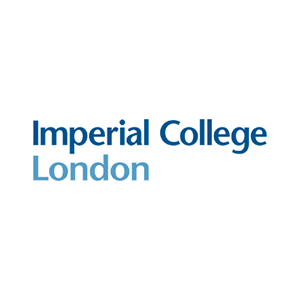
Imperial College London is a world top ten university with an international reputation for excellence in teaching and research. Consistently rated amongst the world’s best universities, Imperial is committed to developing the next generation of researchers, scientists and academics through collaboration across disciplines. Located in the heart of London, Imperial is a multidisciplinary space for education, research, translation and commercialisation, harnessing science and innovation to tackle global challenges.
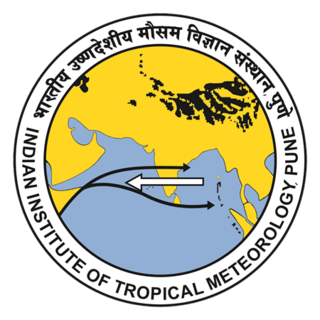
The Indian Institute of Tropical Meteorology is an Autonomous Institute of the Ministry of Earth Sciences, Govt. of India. It is dedicated to Excellence in Basic Research on the Ocean-Atmosphere Climate System required for improvement of Weather and Climate Forecasts.
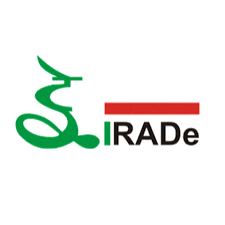
IRADe is an independent advanced research institute that aims to conduct research and policy analysis to engage stakeholders such as government, non-governmental organizations, corporations, academic and financial institutions. Energy, Climate Change, Urban Development, Poverty, Gender Equity, Agriculture and Food Security are some of the challenges faced in the 21st century.
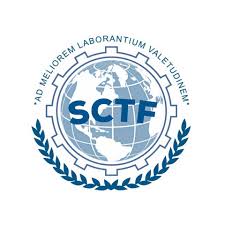
The Scientific Committee of Thermal Factors (SCTF) is a research and analysis network of Scientists working for the protection of working people from excessive heat and cold exposures in work environments.
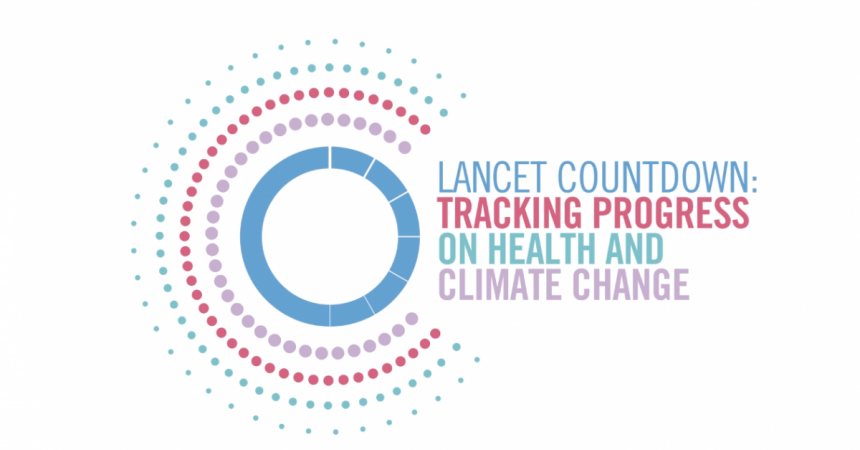
The Lancet Countdown works to ensure that health is at the centre of how governments understand and respond to climate change. Our work ranges from ensuring policymakers have access to high-quality evidence-based guidance, through to providing the health profession with the tools they need to improve public health.
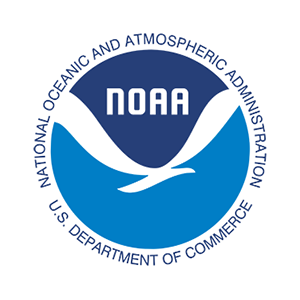
NOAA is the American government scientific agency that focuses on the conditions of the oceans, major waterways, and the atmosphere. From daily weather forecasts, severe storm warnings, and climate monitoring to fisheries management, coastal restoration and supporting marine commerce, NOAA’s products and services support economic vitality and affect more than one-third of America’s gross domestic product. NOAA’s dedicated scientists use cutting-edge research and high-tech instrumentation to provide citizens, planners, emergency managers and other decision makers with reliable information they need when they need it.
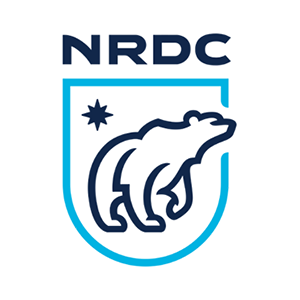
NRDC works to safeguard the earth—its people, its plants and animals, and the natural systems on which all life depends. They combine the power of more than three million members and online activists with the expertise of some 700 scientists, lawyers, and policy advocates across the globe to ensure the rights of all people to the air, the water, and the wild.
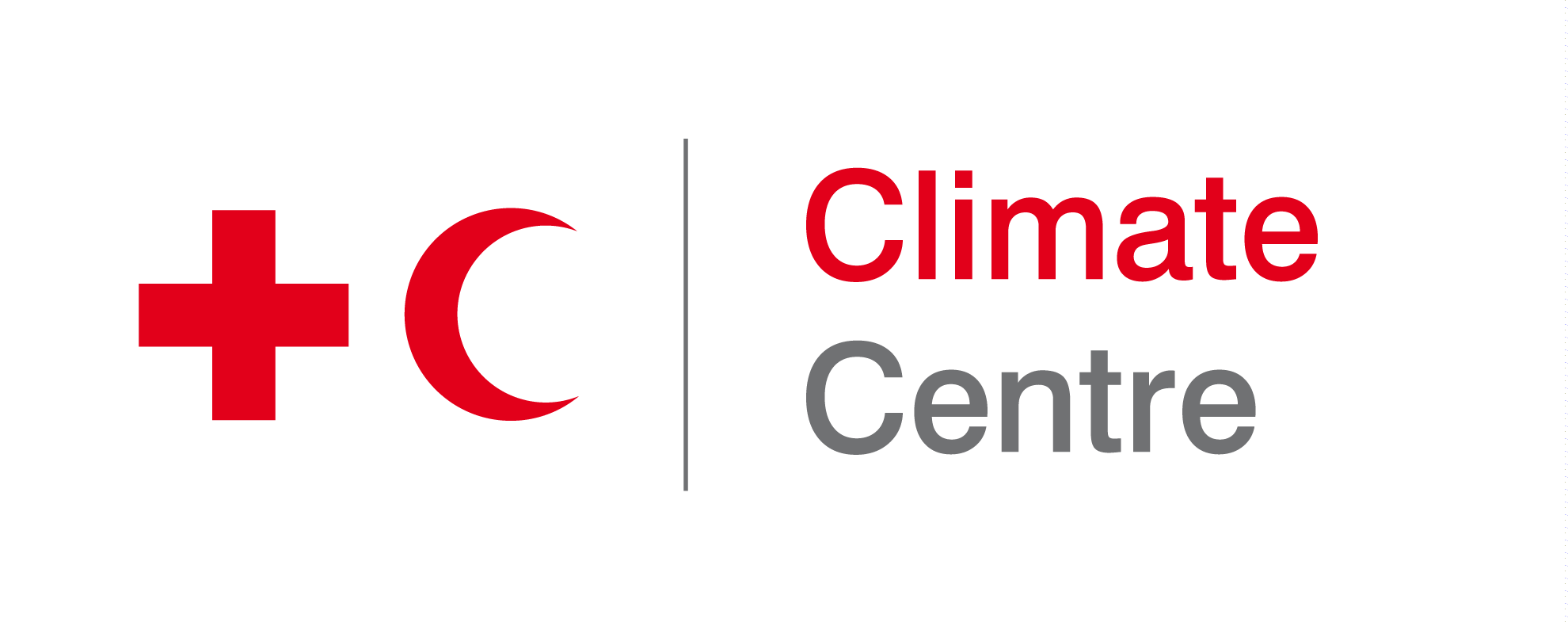
The Climate Centre, a Public Benefit Organization under Netherlands law, is a specialist reference centre of the International Federation of Red Cross and Red Crescent Societies (IFRC).
Its mission is to help the Red Cross and Red Crescent Movement and its partners reduce the impacts of climate change and extreme-weather events on vulnerable people.
Staffed largely by climate scientists, the Centre provides strategically important knowledge and advice on climate-smart practice throughout the Red Cross Red Crescent Movement and beyond.
Its support for National Societies and the IFRC focuses on climate information for disaster preparedness and response, food security and health, training and technical back-up.
It works with a huge range of humanitarian partners, climate specialists and non-specialists, principally Red Cross Red Crescent National Societies and the Geneva-based IFRC and ICRC.
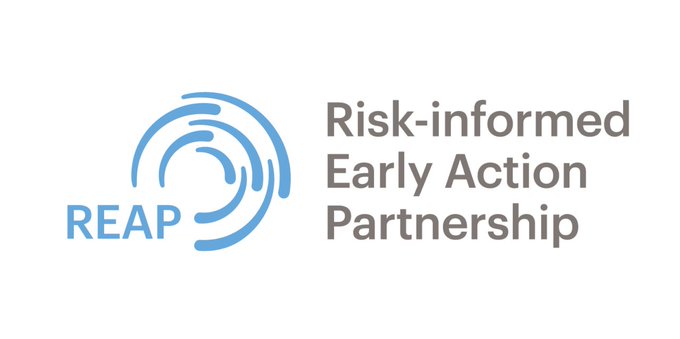
Launched at the UN Climate Action Summit in September 2019, the Risk-informed Early Action Partnership (REAP) brings together an unprecedented range of stakeholders across the climate, humanitarian, and development communities with the aim of making 1 billion people safer from disaster by 2025.

The Chinese University of Hong Kong (CUHK) partners include the CUHK Centre for Global Health and the CUHK Institute of Environment, Energy and Sustainability.
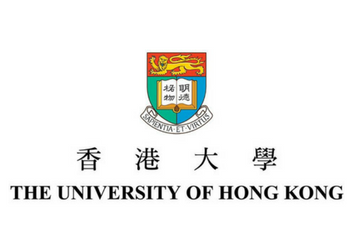
The University of Hong Kong (HKU) is a public research university in Hong Kong. the HKU Faculty of Architecture’s HKUrbanLabs draws together the research and outreach energies of scholars of architecture, conservation, construction management, housing, landscape, planning, real estate, surveying, transport, urban design, urban economics and urban studies. Its collective endeavour is to better understand, plan, design, produce, govern and manage cities of the 21st century.
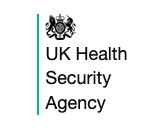
The UK Health Security Agency (UKHSA) is responsible for protecting every member of every community from the impact of infectious diseases, chemical, biological, radiological and nuclear incidents and other health threats. It provides intellectual, scientific and operational leadership at national and local level, as well as on the global stage, to make the nation’s health secure. UKHSA is an executive agency, sponsored by the Department of Health and Social Care.
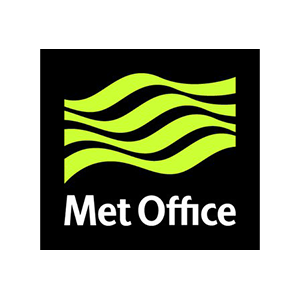
The Met Office is the national meteorological service for the UK. It provides critical weather services and world-leading climate science, helping people make better decisions to stay safe and thrive.
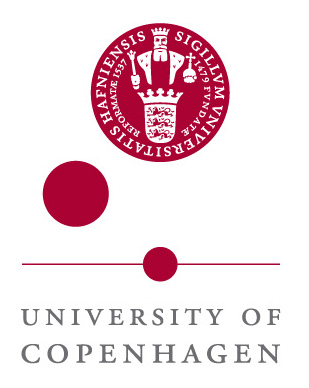
The University of Copenhagen is a public research university in Copenhagen, Denmark.

The University of Washington is a public research university in Seattle, Washington, United States. The Center for Health and the Global Environment (CHanGE) collaboratively develops and promotes innovative approaches to understanding and managing the risks of global environmental change. CHANGE conducts research and policy analysis, education and training, and technical assistance and capacity building, integrating health, environmental, and social sciences. CHANGE focuses on health outcomes associated with the consequences of global environmental changes, such as extreme weather and climate events, water and food security, and infectious diseases.

WHO recognizes that heat is an emerging risk, and is working to increase the understanding and awareness of how heat affects health and to support national governments to assess vulnerability and exposure, measure impacts, and develop interventions that can keep people healthy.
Many of WHO’s core programmes are affected by changing heat hazards and can help in the reduction of avoidable death and illness. These programmes include NCD Control, Occupational Health, Mental Health, Infectious disease control, Maternal and Child Health, Water and Sanitation, Health Emergency Management, Climate Change, Healthy Ageing throughout the Life course, and Health Information Systems and Governance, amongst others.
WHO Regional Offices have implemented specific programming related to heat risk management. For example in Europe, WHO has developed guidance and supported studies to quantify the health effects of heat in cities in the WHO European Region. This includes Heat Health Action Plans which help to improve heatwave early warning systems and other interventions to improve health systems preparedness and response for heat. In China, WHO supported the development of heat early warning systems and prevention programmes. In the Americas, PAHO supported efforts to better understand the linkages of heat with chronic kidney disease and address heat risks through programming in occupational health.

WMO is the specialized agency of the United Nations dedicated to international cooperation and coordination on the state and behaviour of the Earth’s atmosphere, its interaction with the land and oceans, the weather and climate it produces, and the resulting distribution of water resources. WMO provides world leadership and expertise in international cooperation in the delivery and use of high-quality, authoritative weather, climate, hydrological and related environmental services by its Members, for the improvement of the well-being of societies of all nations.
WMO seeks to transform science into services in order to inform understanding of risks, including how climate change is affecting climate extremes, and to help society adapt. Multiple WMO programmes and commissions provide normative and technical support for the observation, prediction, monitoring, and management of extreme temperatures and urban heat islands. WMO supports National Meteorological and Hydrological Services in their work to monitor extreme weather conditions and provide forecasts and advisories of high temperatures and heatwaves to government authorities, health systems and the public. The World Climate Research Programme studies global climate systems evolution to inform societal understanding of risks. The World Weather Research Programme advances society’s ability to cope with high impact weather by focusing on improving the accuracy, lead time and utilization of weather prediction. WMO also promotes multi-hazard early warning systems to develop and deploy reliable and relevant warnings for protection from extreme weather events. The WMO – World Health Organization Joint office for Climate and Health, focuses on climate services for health, and co-hosts the Global Heat Health Information Network.

The World Organization of Family Doctors (WONCA) is a not-for-profit organization with 118 Member Organizations in 131 countries and territories with membership of about 500,000 family doctors. The Working Party on Environment aims to lead Family Doctors in protecting the health of patients and communities from the impacts of environmental hazards and threats, and promote environmental and planetary health at both the local and the planetary level.
of 4
